WOBO thanks edie for the range of news items and updates provided.
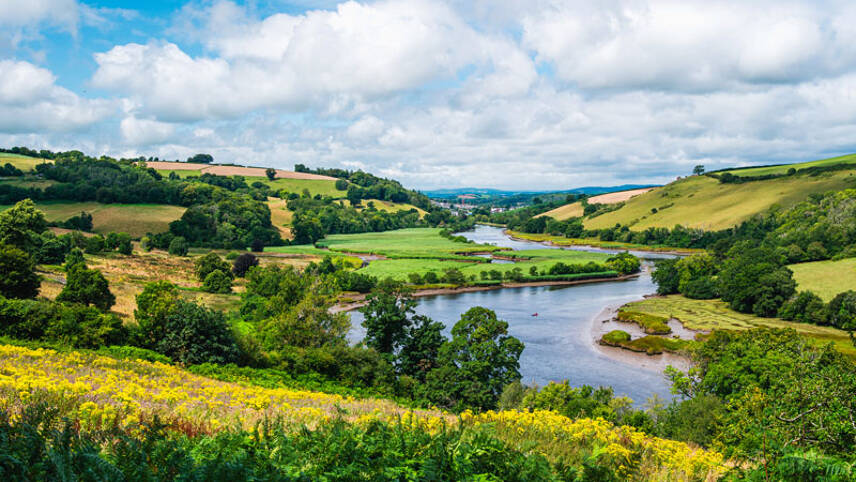
Defra reveals Labour Government’s five key climate and environmental policy priorities
The Department for Environment, Food & Rural Affairs (Defra) has revealed its five main policy priorities for change under the Labour Government, including protecting Britain’s nature, food system and communities from the impacts of climate change.
(5 July), Prime Minister Keir Starmer announced his Cabinet shortly after his Party won the general election by a landslide.
This week, the Secretary of State for the Environment, Food & Rural Affairs, Steve Reed, has announced his five main priorities for this Labour-led Parliament on platform X, formerly Twitter.
Reed said: “It is a huge honour that the Prime Minister has appointed me Secretary of State for the Environment, Food & Rural Affairs.
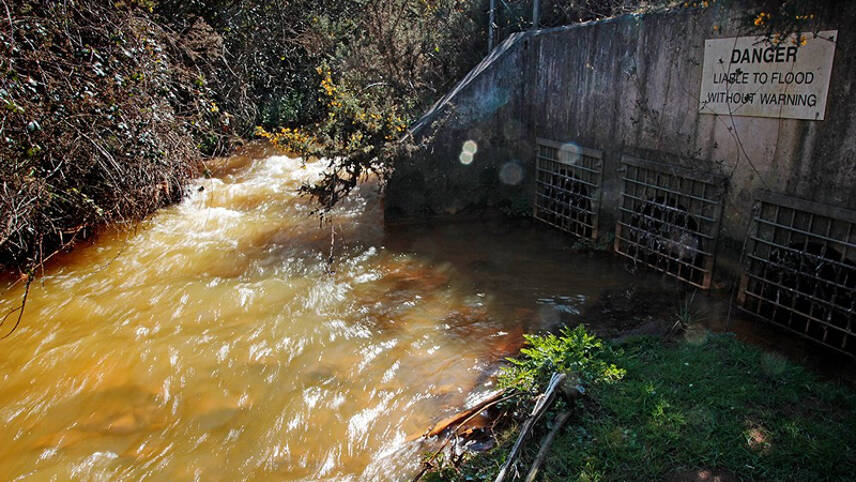
Defra unveils steps to end sewage dumping and clean polluted rivers
The Department for Environment, Food & Rural Affairs (Defra) has announced a series of measures to ensure the cessation of illegal sewage dumping into the rivers, while attracting private investment to clean up the nation’s polluted waterways.
Under the Tory leadership, the UK Government committed to ensuring that 77% of England’s lakes, rivers and coastal waters would be classed as being in ‘Good Ecological Status or Potential’ by 2027, up from 16% presently.
Environment Agency data for 2021 states that untreated sewage was discharged into coastal bathing waters across England for a total of 160,000 hours, in 25,000 separate discharge incidents.(11 July), the Labour Government’s Secretary of State for Environment Food and Rural Affairs Steve Reed has announced a list of initial steps towards putting a halt to the ongoing sewage crisis, while generating investment and job opportunities.
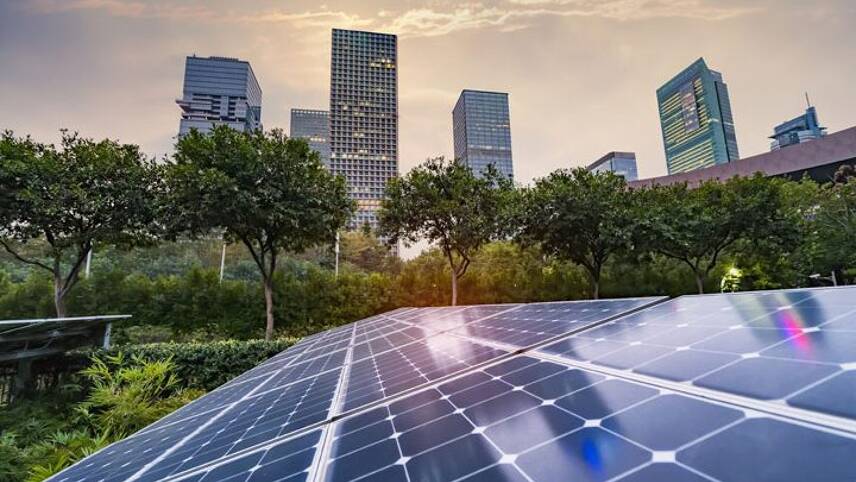
Fresh guidance launched for nature-focused science-based targets
The Science Based Targets Network (SBTN) has issued fresh guidance, based on a corporate pilot programme, to help businesses set science-based targets for their nature impacts.
The SBTN has this week unveiled its new target-setting guide, with updated technical guidance and resources aimed at helping companies set science-based targets for nature.
As part of this initiative, a pilot programme was initiated with a group of companies commencing testing in the previous year.
This year, the programme has been joined by a new cohort of 24 companies. Among them are Accenture, Baringa, Berkeley Capital, Carbon Space, Creditnature, Downforce, Dunya Analytics, Heineken, Kuyua, Lenzing, Nala Earth, Novo Nordisk, Perigon Partners, Robobank, Toyota North America, We Don’t Need Roads and Zero Mission.

Get serious on pollution and climate, investors with $6.8trn tell chemicals companies
Institutional investors collectively managing almost $7trn in assets, are imploring petrochemical companies to set out more robust plans to address plastic pollution and reduce their climate impact.
Convened by Planet Tracker, more than 70 investors and their representatives are asking the petrochemical industry to better measure, disclose and respond to risks arising from its climate-related impacts and contribution to the global plastic pollution problem.
On plastics, the letter warns that many oil and gas majors are looking to expand plastic production to maintain profitability as electricity, heating and transport transition away from fossil fuels.
It states that petrochemical companies must be wary of expanding production without due care for enhancing waste management systems or properly addressing the lifecycle climate, environment or public health impacts of plastics.
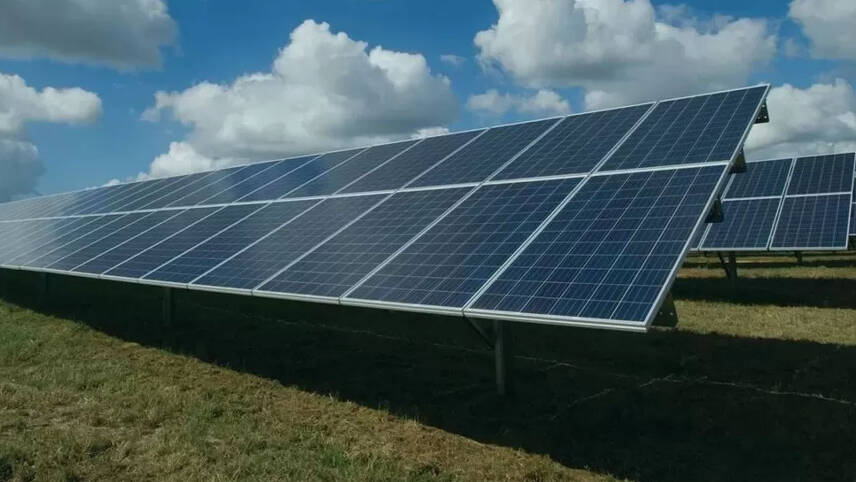
UK Government approves three major solar farms, promises rooftop solar ‘revolution’
The Department for Energy Security and Net-Zero (DESNZ) has granted planning permissions for the construction of three major solar farms in the east of England, in a bid to decarbonise UK’s electricity system by 2030.
(15 July), Energy Security and Net-Zero Secretary Ed Miliband has granted construction consent for Low Carbon’s Gate Burton Energy Park in Lincolnshire, Sunnica Energy Farm on the Suffolk/Cambridgeshire border, and Mallard Pass Solar Farm, which spans both sides of the East Coast Mainline in Lincolnshire and Rutland.
Sunnica and Gate Burton will each have a capacity of 500 megawatts (MW), while Mallard Pass will have a capacity of 350MW.
Together, their total capacity is approximately two-thirds of the 1.9 gigawatts (GW) of solar energy installed on rooftops and the ground last year, according to Solar Media.
The Government is shortly set to unveil plans to boost rooftop solar, as well as supporting these large ground-mounted projects.
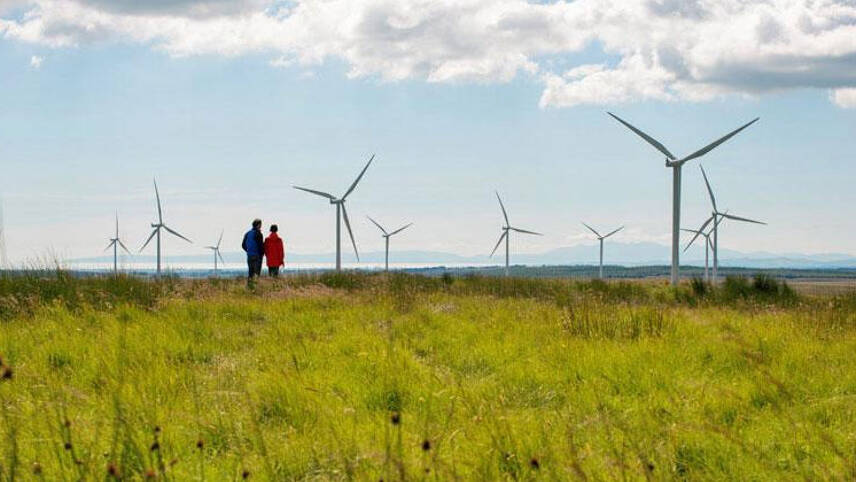
The UK needs to dramatically improve energy efficiency and rapidly electrify heating and transport, as question marks hang over whether hydrogen should be reserved for harder-to-decarbonise parts of the economy.
That is the warning from the National Grid’s electricity system operator (ESO). Its new Future Energy Scenarios work maps three potential pathways to the UK’s 2050 net-zero target and states that, regardless of which one the Government aligns with, action this decade is key to drive down emissions while also maintaining energy security and fairly sharing costs.
One of the 2050 scenarios – Electric Engagement – is weighted towards the electrification of sectors such as heating, transport and heavy industry. Another – Hydrogen Evolution – prioritises the use of hydrogen instead. Lastly, the Holistic Transition scenario looks at a mix of these options.
In all scenarios, the electricity generation mix decarbonizes. Coal-fired generation will end in the UK later this year. The current Labour Government wants unabated gas offline by 2030 while the prior Tory Government had a 2035 deadline for this milestone. Both parties support more nuclear and renewables to bridge the generation gap.

From floods to fires: How can the new UK Government tackle London’s rising climate resilience risks?
Preparing London for more frequent and intense climate-related events like flash flooding and heatwaves is “non-negotiable” for the new Government, with lives and livelihoods at risk now and losses likely to top 3% of GDP annually by 2050.
This is the sobering conclusion of the London Climate Resilience Review. A final report was published today (17 July) after the capital’s Mayor Sadiq Khan commissioned the independent review last year.
Khan said: “I have seen first-hand during recent years how extreme weather can devastate communities, ruin businesses and end lives. It is essential that we invest in key sectors and prepare our public services so that London can continue to grow and thrive in the face of climate change, and the Review provides clarity and direction on how to do this.”
As expected, the Review concludes that climate change’s physical risks to London – and other urban centres across the UK – will increase in the coming decades even if emissions are reduced nationally and globally in line with UN-backed targets.

The UK Government’s climate advisors this week said rapid ‘course correction’ is needed to prevent the nation from breaching binding emissions targets and maximise the economic benefits to the low-carbon transition. Here, we pull their top recommendations for Keir Starmer to deliver urgently.
The Climate Change Committee’s (CCC) annual progress report to Parliament on the net-zero transition was presented earlier this week. New Prime Minister Keir Starmer and his cabinet received the hefty document on Thursday morning (18 July).
As was the case last year, the Committee praised progress to date in transitioning the electricity mix away from coal, thereby halving domestic emissions since 1990.
But it warned that far more rapid and complex work is needed in the future to achieve legally binding climate targets in a way that generates economic benefits up and down the UK.
The report contains an array of recommendations for maintaining the decarbonisation of electricity and translating this progress into other sectors where progress has stalled or reversed. These range from buildings, to heating, to nature and farming (click here for our detailed explainer).
